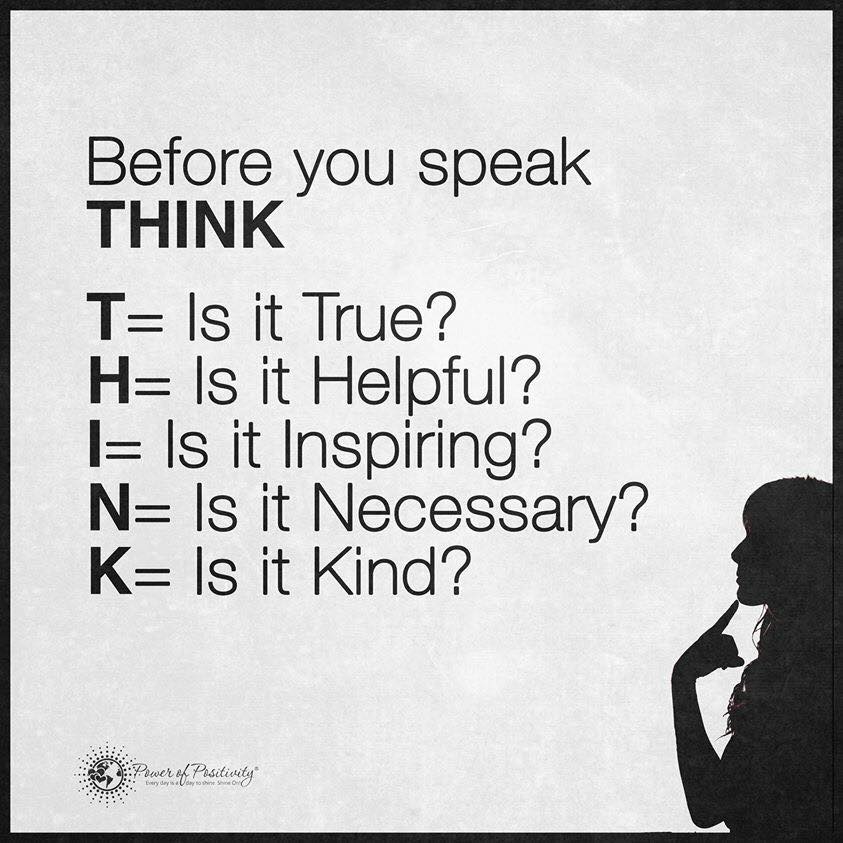“If you don’t find some way to discuss what’s going on inside you, it can come out in other ways that are self-destructive.” – Viggo Mortensen
Human beings often engage in behaviors that aren’t entirely beneficial, either to ourselves or to those around us. There’s a host of reasons that this occurs: socialization, societal pressure, stress, to name a few.
Destructive behaviors can also be learned through a home environment, or by formative interactions with other people. There are many signs of a destructive person, and if you recognize them in yourself, there are ways to change your behavior and make your life more positive, fulfilling and healthy.
THE 10 MOST DESTRUCTIVE HUMAN BEHAVIORS AND HOW TO AVOID THEM
1. LYING
People lie for a variety of reasons. Sometimes the lies are little white lies and done for good reasons. Other times, people will lie to boost their own self-esteem, and tend to lie more often when they feel that other people’s perception of them is not as flattering as they would like it to be. The best way to combat the need to lie is to ask yourself what you are gaining, and whether the consequences for when the truth comes out are worth the risk. Connecting with people on a genuine and truthful level will garner longer lasting relationships than ones built on lies.
2. VIOLENCE
Researchers believe that a need for violence has evolved with human beings’ need for survival. However, we are no longer hunters and gatherers, and our ability to dispute calmly has evolved with our ability to engage in language and social interactions on a more intimate level. Neuroplasticity is a powerful tool for rewiring the brain from receiving dopamine in response to an aggressive situation or event. Allowing yourself not to engage or take pleasure in violence such as fights or harassment will do wonders for your disposition.
3. STEALING
While theft can often be a desperate person’s act of survival, human beings also engage in stealing for purely selfish reasons. Some people do it to get a high or excitement. If you find yourself tempted to steal for any reason when you don’t have to, you may be indulging in a self-destructive behavior. Analyze where the need comes from, and ask yourself if the consequences are worth the thrill.
4. CHEATING
If you are in an unhappy relationship, or find yourself no longer engaged with your partner or spouse, you may feel yourself tempted to stray from the relationship. While the act at the time may seem justified, you will only be hurting both your partner and yourself by destroying the trust that they had in you and the relationship you built together. Open and honest communication can help heal any rifts you may be feeling without the need to become unfaithful.
5. BAD HABITS
Everyone has a bad habit that they have trouble kicking. However, it becomes destructive when someone clings to the habit as an excuse or with justification that it’s just too hard to quit. Seeking outside help, or support with friends or family, can make kicking a bad habit easier. You will feel better once you do.
6. BULLYING
Children and adults both engage in bullying behaviors. It can be tempting to engage in this type of behavior, especially when others around you are encouraging you to do it, and it seems like the other person “deserves” it. But bullying is a destructive behavior for both ourselves and the people around us, and feeds on nothing but negativity. Standing up against bullying can be the first step to dismantling this particular behavior, and turning the situation around.

7. COSMETIC SURGERIES
Self-esteem issues are common among children, teenagers and adults. Society often tells us that we have to look a certain way to be attractive. In the end, it can be tempting to schedule a non-essential cosmetic surgery to fix your nose, or tighten your jawline, or get rid of wrinkles. Unfortunately, what society deems and pushes as “beautiful” often changes within a few year’s span. Learning to love yourself just as you are is the best way to combat this particular destructive behavior. Not only is it destructive for our self-esteem and mental health, but for our bodies as well.
8. STRESS
Sometimes, stressful situations happen and we can’t avoid it. However, sometimes we indulge the stress rather than taking steps to alleviate it. It can feel good in the moment to complain and go on and on about how stressed you are, and to feed into it. But once that’s over, you will be left feeling even more stressed out, and with no energy to destress. Taking the time to figure out a game plan for stress and self-care when it happens can make your life ten times easier, and nip this particular destructive behavior in the bud.
9. GOSSIP
Humans are social creatures, and connecting with one another is the main purpose of language and social interaction. The goal of gossip is often to establish the boundaries and exclusivity of a certain group. It can be a powerful bonding tool, but at the expense of other people who are singled out to be gossiped about. Don’t engage with gossip if you find yourself in a situation where others are doing so. Changing the subject, or questioning the validity of the gossip can break you out of this habit.
10. GAMBLING
People love to feel a rush, and gambling provides that rush. It can also be gravely addictive. This addiction can cause people who feed it to become self-destructive, as well as destructive to those around them by making it far more likely for the gambler to lie, cheat or steal in order to feed his addiction. If you have an addictive personality, do your best to limit your exposure to gambling, or seek help if you find it to become a problem. Play responsibly and enjoy the games joker123 hack apk, in which you can experience fun and enjoyment.
A destructive person will inevitably end up surrounded only by other destructive people. Once you become aware of these behaviors in either yourself or others, you can learn how to combat them. Taking charge of your life, your social interactions, and your behaviors are the first invaluable steps to turning your life around, or helping others in the same way. It’s important to recognize the destructive behaviors that we exhibit in our daily lives, so we can work to change how we interact with people and how we treat ourselves.




















